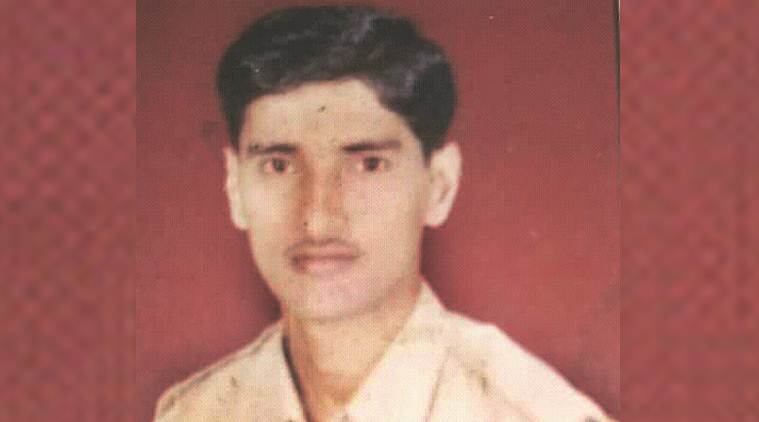
Balasaheb Wakchaure has spent the last five years wishing he could take back his angrily written resignation from the Mumbai Police, after an accident on duty a year before left him paralysed below the neck and spiraling into depression.
Last week, the Maharashtra Administrative Tribunal (MAT) gave him the opportunity to reverse that mistake after reminding his bosses of rights under the Persons with Disabilities (Equal Opportunities, Protection of Rights and Full Participation) Act, 1995.
The tribunal’s order to the city police and the state home department, directing them not only to consider the bedridden Wakchaure’s resignation untenable but also to restore his salary, employee provident fund and pension benefits, as though he were still in service, has brought him relief.
“Now, I just hope they don’t appeal the order. If I receive my salary again, I can support my parents in some way at least,” the 37-year-old former constable said over the phone from his home in Vithe village in Ahmednagar’s Akole taluka.
In May 2013, while posted at Ghatkopar police station, Wakchaure noticed a dried tree branch at the police colony in the suburb. “Children living in the colony would hang off from it. I could see that it was bound to fall at any time and if it did, could hurt those children,” he recalled.
Raised in the village to climb trees without fear, Wakchaure did not hesitate. But just as he was about to chop the branch from his vantage point, it suddenly gave way and sent Wakcahure falling to the ground. The impact snapped his spinal cord and left him unconscious.
Even as his colleagues rushed him to the closest hospital, the first doctors to attend to him gave him a grave diagnosis. “We were told that it would impossible for him to move again,” said Wakchaure’s brother, Santosh, a constable attached with the Thane Rural Police.
Emergency surgery proved to be of no avail and before long, Wakchaure had to move out of his rented flat in Kalyan to his parents’ home. Meanwhile, with his medical leave exhausted, Wakchaure was sent notices by the police to return to duty.
“I wrote to the police commissioner stating that I was paralysed and couldn’t work anymore. I also sent a certificate from the district civil surgeon who had examined me and concluded that I was 87 per cent paralysed and unfit,” he said.
With his wife filing for divorce and the gloom resulting from the permanence of his injuries, the threat of his salary being stopped unless he returned to work proved too much to take.
“I asked a friend to lift my hand and make a thumb impression on the resignation letter,” Wakchaure said. Three months later, the department accepted his resignation and Wakchaure returned to be being washed, fed and cleaned by his aging mother.
While an employee provident fund lump sum from 11 years of service, income from land that his parents cultivated and a donation of Rs 1 lakh by sympathetic colleagues in Mumbai left the family floating, it wasn’t until a friend read up the the Persons with Disabilities Act that Wakchaure realised the opportunity to rectify his lapse of judgement.
The department held firm that the resignation could not be revoked as a 90-day window to do so had elapsed. Left with no option, Wakchaure appealed to the tribunal through his advocate A V Bandivadekar. The lawyer’s son, advocate Gaurav Bandivadekar, who also represented Wakchaure, said that the MAT’s order was a significant step in upholding the rights of disabled persons.
Tribunal member A D Karnjkar and vice-chairman P N Dixit gave the Mumbai Police and home department three months to comply with its order and also ordered them to pay Wakchaure Rs 10,000 towards litigation expenses.
Dismissing the plea of the respondents, the tribunal held that the police failed to protect the interests of a disabled employee. “In the peculiar circumstances, it is the duty of the department to support the Applicant at the time of his misery and the same cannot be overlooked by resorting to technicalities,” read the June 14 order.